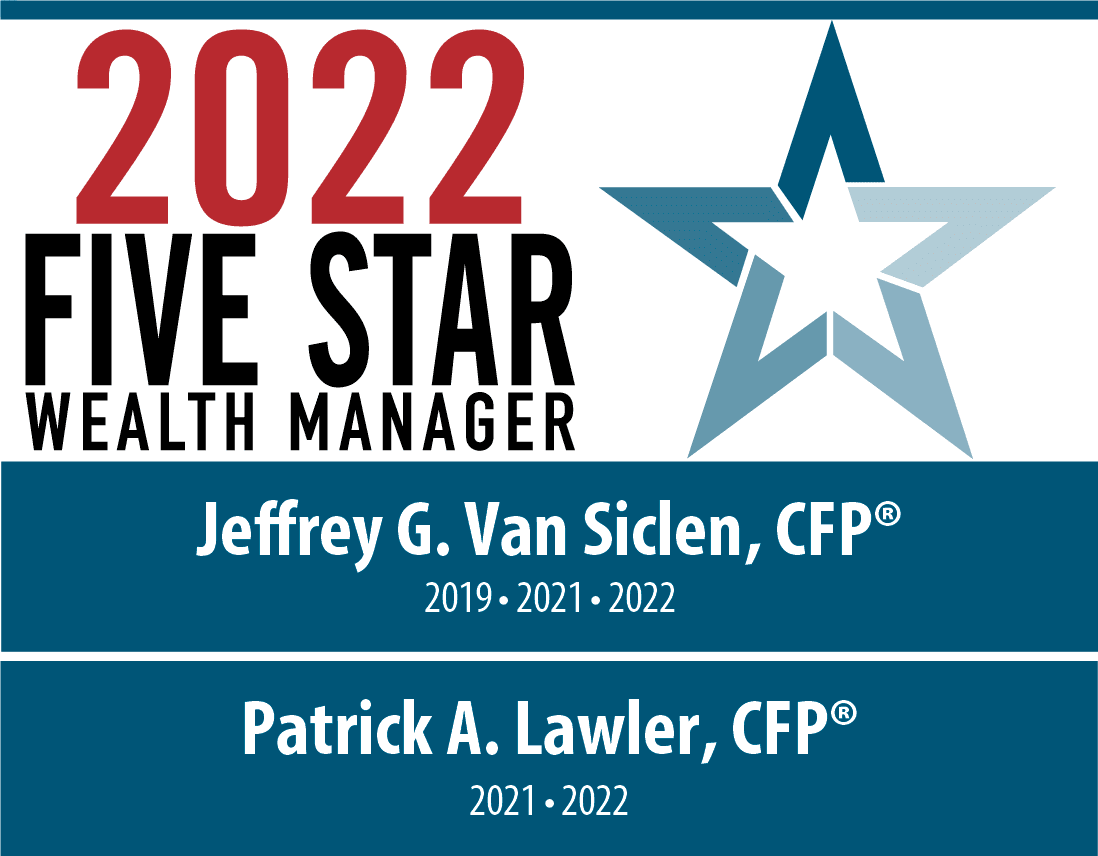Guide to Wealth Management for Life Science Professionals
April 8, 2024
A career in Bio-Tech, Pharma, and Life Sciences is a rewarding and exciting one. However, as with most career paths, it comes with its own set of financial challenges. Project-based funding, long research timelines, and other factors make it a challenge to plan for retirement or set funds aside for your children’s education. It is thus essential to partner with a wealth advisor who understands the unique challenges you face as a professional in these sectors, and who can help you devise a wealth management plan that takes your unique financial challenges into account. Here is a brief guide to wealth management, considering the needs of life science professionals.
The First Step in the Wealth Management Process
Before you begin making plans for your financial future, you need clarity on your present situation. Hence, the first step in your financial planning is to evaluate your current financial position. In consultation with a wealth manager, spell out the status quo, including your family situation, list of assets, the state of your business if you own one, your earnings, current investments, and personal and financial goals. Most importantly, don’t just think of this purely in terms of numbers; it is about you and your life – where you are and where you plan to go. In addition to these general points, you also need to ensure that your wealth manager fully understands the unique financial complexities that Life Science, Bio-Tech, and Pharma professionals face.
For professionals in these fields, one of the common challenges is income fluctuation – something that a typical salary-earner in other fields would not have to deal with or take into consideration in their wealth management plan. This is just one of the factors you would have to raise. Another would be the unusual forms of remuneration, such as stock options, or the long timelines and irregular payment periods. Discuss these with your wealth manager – preferably one who already understands the typical conditions in your field.
With that in place, you can begin setting your goals and putting a financial plan in place.
Wealth Growth Strategies for Investment
Protecting your assets is a vital part of your financial planning, but you have to think beyond that. Your portfolio, including physical assets, stocks and bonds, cash reserves, and others, needs to grow to provide financial stability for your family into the future. For example, as a Life Sciences professional, you may likely have stock options, and these will have to be factored into the calculations. Your wealth manager will help you develop and implement investment strategies that will help you achieve growth. The exact strategy you choose will depend on your financial goals. Overall, your wealth manager will recommend strategies that diversify your portfolio across different asset classes, focusing on the long term rather than attempting to time or short-circuit the market. Building prosperity is a long game, and it requires careful planning and implementation, followed by careful monitoring and rethinking if necessary.
Aside from investment diversification, another strategy is value investing, which involves buying undervalued assets with the potential to yield high returns. Growth investing entails identifying companies and other assets that are expected to grow at a faster-than-average rate, with the objective of generating capital gains. Income investing is another strategy, focused on generating a steady stream of income, either in the short or long term. A good investment plan will usually include a combination of all these strategies.
How to Create a Wealth Management Plan
With a full understanding of your current situation and a focused set of short and long-term goals, you can now start putting your plan in place. Your primary concern is probably how you can design a successful long-term financial plan while focusing most of your time and energy on a demanding research career. Your wealth manager, armed with specialized knowledge of your industry, together with the information you have provided, can create a personalized plan that fits both your busy schedule and your long-term goals.
The important thing is to start with your goals in mind. You will have several of them, so rank them in order of importance. Is your priority to save for retirement, eliminate debt, purchase more real estate, save for your children’s education, or merely to save for the future? Discuss it with your wealth manager and devise a plan aimed at realizing your goals in order of importance.
Guided by your goals, you can then create your plan, mobilizing the various growth strategies. The next thing to do is put that plan into action. The best plans in the world mean nothing if they are not implemented. Once you have set the ball rolling, you can monitor your progress and make adjustments as you go.
The Role of Professional Wealth Management
Financial planning is a complex undertaking, regardless of what sector you work in. For Life Science professionals, it is especially so. It requires a more nuanced approach due to factors like stock options and fluctuating income streams. It requires a professional wealth manager who understands these complexities to create a successful plan.
Wealth managers help investors define and achieve their goals, maximize returns, and offset risks. They have the expertise, the time, and the objective point of view needed to plan and invest effectively.
Considerations: How to Find a Wealth Manager
All that being said, how do you find the best wealth manager for you?
A casual Google search will bring up a slew of options, with hundreds of companies and individuals offering you wealth management services. Here are three steps you can take to help you choose the perfect one for you.
- 1
Assess whether you are the manager’s ideal client. Each wealth manager wants to work with a specific type of client. They may limit their prospects according to income, asset holdings, or a client’s occupation. At LRVS Advisory Group, for instance, we target professionals in the biotech, pharma, or life sciences industries, who balance busy work lives with family, earn $400,000 or more per year, and hold somewhere in the region of $4 million in assets.
- 2
Check each management firm’s services and compare them. Closely linked to the previous point, look carefully at the services each management firm provides and see whether they fit with your goals and requirements.
- 3
Review each firm or manager’s fee and commission structure. Of course, you will need to know how much it will cost you to use a manager’s services. Explore your options and think carefully about the services on offer.
Take the first step towards securing your financial future. Schedule a consultation with an LRVS advisor to discuss how wealth management can help you achieve your long-term goals in the life sciences field. LRVS Advisory Group is a team of financial planning experts with a special focus on clients in the Biotech, Pharma, and Life Sciences sectors, here to act as your guide to wealth management, taking you every step of the way with clarity and control. Contact us for more information.
*Disclaimer:
This article is provided by McAdam LLC (“McAdam” or the “Firm”) for informational purposes only. Investing involves the risk of loss, and investors should be prepared to bear potential losses. Past performance may not be indicative of future results and may have been impacted by events and economic conditions that will not prevail in the future. No portion of this article is to be construed as a solicitation to buy or sell a security or the provision of personalized investment, tax, or legal advice. Certain information contained in this report is derived from sources that McAdam believes to be reliable; however, the Firm does not guarantee the accuracy or timeliness of such information and assumes no liability for any resulting damages.
This article is the sole opinion of this individual and is not indicative of the firm’s beliefs.







